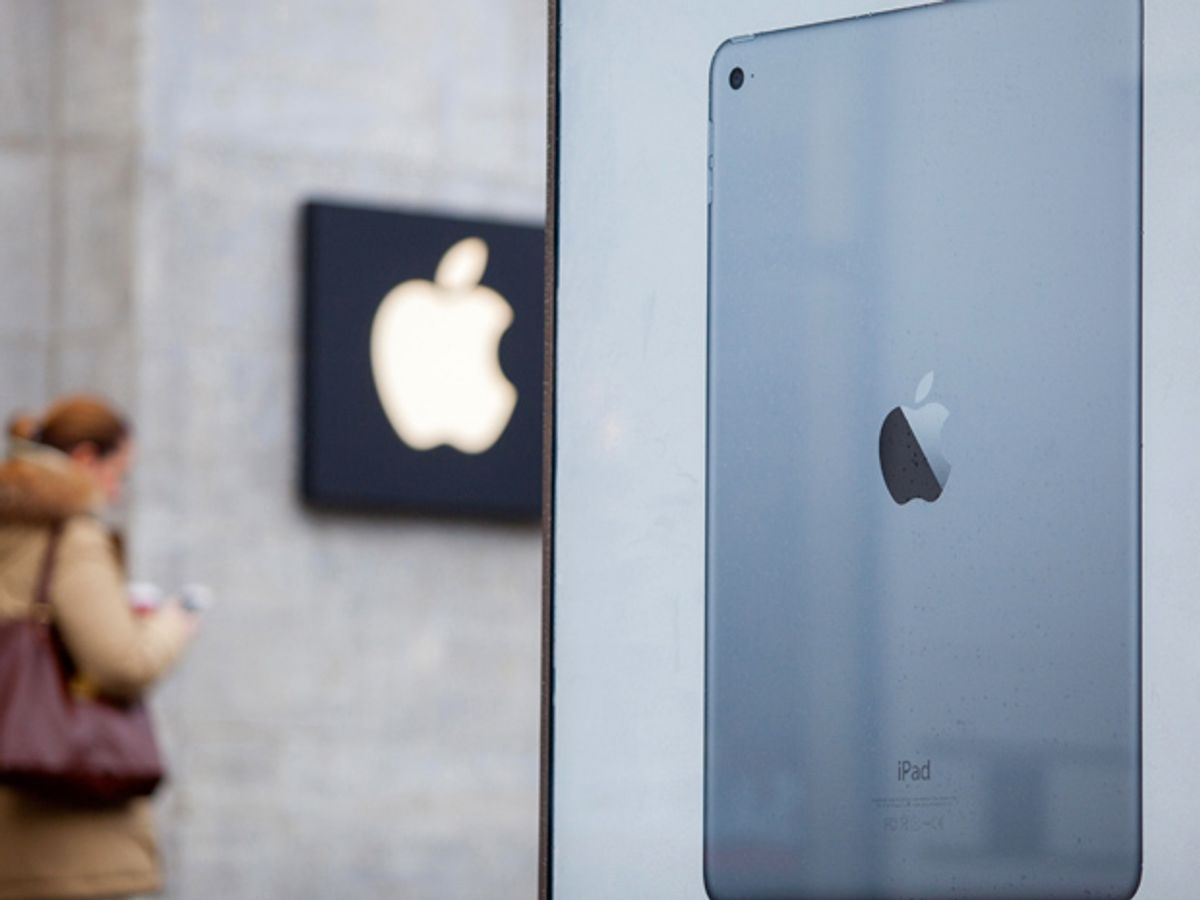Hoping to better satisfy customers data privacy desires Apple looks likely to join other U.S. companies in flocking to Europe’s shores. On Monday, the U.S. tech giant announced plans to spend US $1.9 billion on new data centers in Denmark and Ireland that would go live in 2017.
The move comes in the wake of Edward Snowden’s leaks that revealed the U.S. National Security Agency’s efforts to cast a surveillance net in the world’s digital data streams. Snowden’s leaks included information about NSA spies secretly tapping the communication links between the servers of U.S. companies such as Google and Yahoo. As a result, several firms have begun setting up data centers in Europe so that they can reassure customers about data privacy within Europe’s tighter regulatory environment, said Patrick Van Eecke, a lawyer specializing in e-commerce at DLA Piper, in a Wall Street Journal interview.
Europe has proven attractive for companies such as Apple, Amazon, and Salesforce because of its strict data privacy rules that protect the personal information of customers. Such rules may only grow more strict after the Snowden leaks revealed the extent of the spying done by the NSA and its UK counterpart; the European Union is debating the possibility of fines for data protection rule violations of up to $114 million or 5 percent of revenue, according to the Wall Street Journal
The shock of the revelations about the NSA has also compelled some European countries to consider taking even more drastic steps. Germany has lead the charge in trying to shield local Internet communications by routing data packets in a way that avoids passing through U.S. or UK servers.
Apple is also taking the opportunity to make its European data centers go “green” by relying entirely upon renewable energy. Such data centers are notoriously power hungry, which is why researchers have worked on ways to boost energy efficiency and find colder geographical locations that reduce the energy costs of constantly running cooling systems.
Jeremy Hsu has been working as a science and technology journalist in New York City since 2008. He has written on subjects as diverse as supercomputing and wearable electronics for IEEE Spectrum. When he’s not trying to wrap his head around the latest quantum computing news for Spectrum, he also contributes to a variety of publications such as Scientific American, Discover, Popular Science, and others. He is a graduate of New York University’s Science, Health & Environmental Reporting Program.



